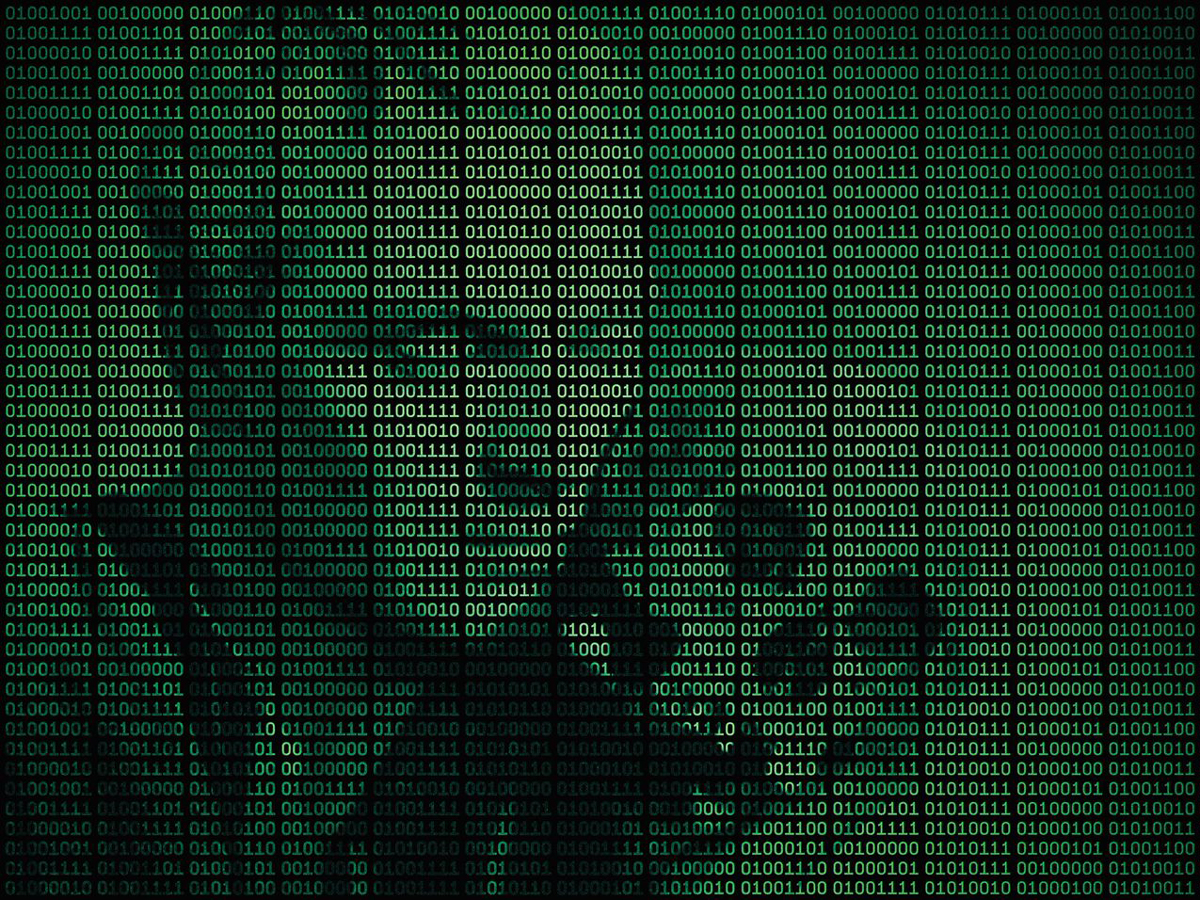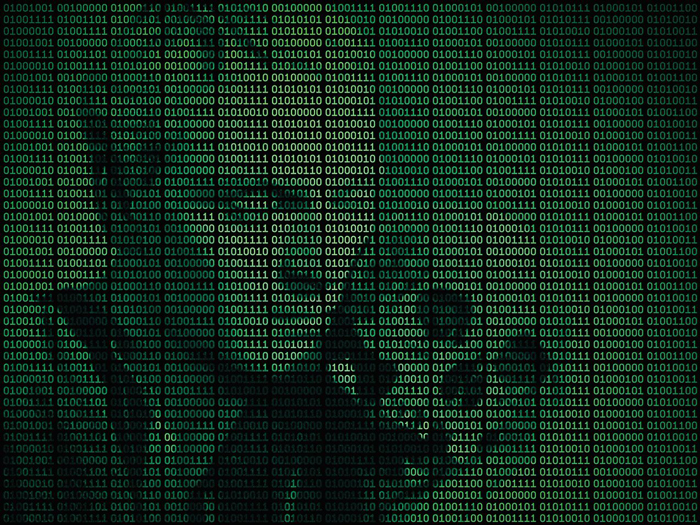
No, ChatGPT won't be writing the next great novel
 People are using the free version of ChatGPT to do everything from writing a cover letter to creating jokes for a best man’s speech (iStock)
People are using the free version of ChatGPT to do everything from writing a cover letter to creating jokes for a best man’s speech (iStock)
Can AI really replace writers and artists?
It’s a question creative types, and possibly the people who pay their salaries, have been asking themselves more frequently lately, thanks to some recent high-profile developments in what’s called “generative artificial intelligence”—essentially, algorithms that can be used to generate new content with just a simple prompt from a human.
The best known—and most used—is ChatGPT, a chatbot launched by OpenAI in November 2022. By February 2023, it was estimated to have reached over 100 million users, who are using the free version of the app to do everything from write a cover letter to create jokes for a best man’s speech.
In the visual realm, several similar AIs have popped up over the last few months. You may have seen your friends post fantastical-looking avatars (thanks to digital portrait app Lensa) or a series of images purporting to show what they’d look like across different historical time periods (via PetaPixel’s “AI time machine” app).
The results are mixed in quality and frequently absurd. Mostly, these applications are just for fun—but they’re also anxiety-inducing for people who make their living doing the very things being outsourced to artificial intelligence. Case in point: According to Forbes, news site Buzzfeed is planning to use ChatGPT to “enhance” content on its site, including their famous quizzes. (“What famous sentient robot are you?” feels inevitable.) Many journalists and graphic designers are experiencing dystopian nightmares right about now.
“Is this the future? Absolutely. Are we there, or will we reach there tomorrow or next week? Probably not,” says Deval Pandya, director of AI Engineering at Vector Institute in Toronto, an independent not-for-profit that researches the field of artificial intelligence, excelling in machine and deep learning. “We have a bit of a longer way to go, but progress is being made very fast.”
But, he adds, it’s important to remember that this technology still has its limits. It still requires a prompt from a human.
“If anything, the real creative side of talent will be even more in demand,” Pandya says. “Thinking creatively will not be outsourced.”
What could be handed over to generative AI, however, are all the boring, repetitive parts of otherwise creative jobs in design and writing. “They could free up more time to think creatively,” he says, pointing to the way that OpenAI’s Codex helps speed up the coding process by translating it into plain language.
“Is this going to replace software engineers?” Pandya asks. “Probably not, but it’s going to make the process more efficient.”
But could that efficiency result in, say, three much more productive content creators doing the work that 10 used to do?
It’s possible, says Karina Vold, an assistant professor at the University of Toronto’s Institute for the History and Philosophy of Science and Technology, and research lead at Schwartz Reisman Institute for Technology and Society. But “for the near future, I still would imagine there’d be a role for a human with an aesthetic eye to do the curation or final decisions,” she says.
There are also ethical questions around whether we’d even want companies to offload those kinds of decisions to machines. For example, there’s the issue of bias in the data these machines are being trained on.
“Right now, ChatGPT is trained on a corpus of human text, and we know that some humans can be sexist, racist, ageist, have cultural biases and all those things,” says Vold. “The creators of ChatGPT have tried to build it in ways to prevent it from reporting those biases and exacerbating them, but it’s impossible to root them out entirely.”
So, if we were totally reliant on this technology, without humans curating, she says, there’s a real danger of endlessly perpetuating those biases.
There’s also the fact that ChatGPT has no inherent interest in the truth, or accuracy.
“It’s putting out content that’s plausible and grammatically correct, but not factually correct. Sometimes the answer is nonsensical,” Vold says, pointing out that some people are now using it almost like a search engine. That’s why, coupled with social media, the threat of inadvertently spreading misinformation is real. If you’re a company planning on replacing your entire marketing team with generative AI, that’s got to be a concern.
Something else to worry your legal department: copyright. That’s already led to a lawsuit by photo company Getty Images against Stability AI, claiming it “unlawfully” scraped and processed millions of images in order to “train” its generative artificial intelligence machine.
Yet, Vold still sees real potential for creativity within these technologies. Humans’ “computational powers” are limited by physical realities like life span and brain size. Vold says machines aren’t beholden to those limitations, nor our accepted ways of doing things.
“These systems don’t have that, and they’re coming up with some really interesting things that we don’t think about, and breaking some of our norms,” she says. “That’s exciting.”
It’s a sentiment echoed by Pandya, who is most excited about what generative AI can do outside the world of art and writing.
“It can accelerate drug discovery, materials discovery for renewable energy storage and solar absorption, it can accelerate modeling to understand climate change, so we’re better ready to adapt,” he says. “I’m very excited about the potential of generative AI beyond language and images, to some of the hard sciences and social problems we are facing right now.”
THE MANY SIDES OF TECHNOLOGY
Find out more about ChatGPT from a CPA’s perspective. And check out CPA Canada’s extensive tech resources on a range of subjects, including AI and automation. And read about tech tools you can consider adding to your practice.